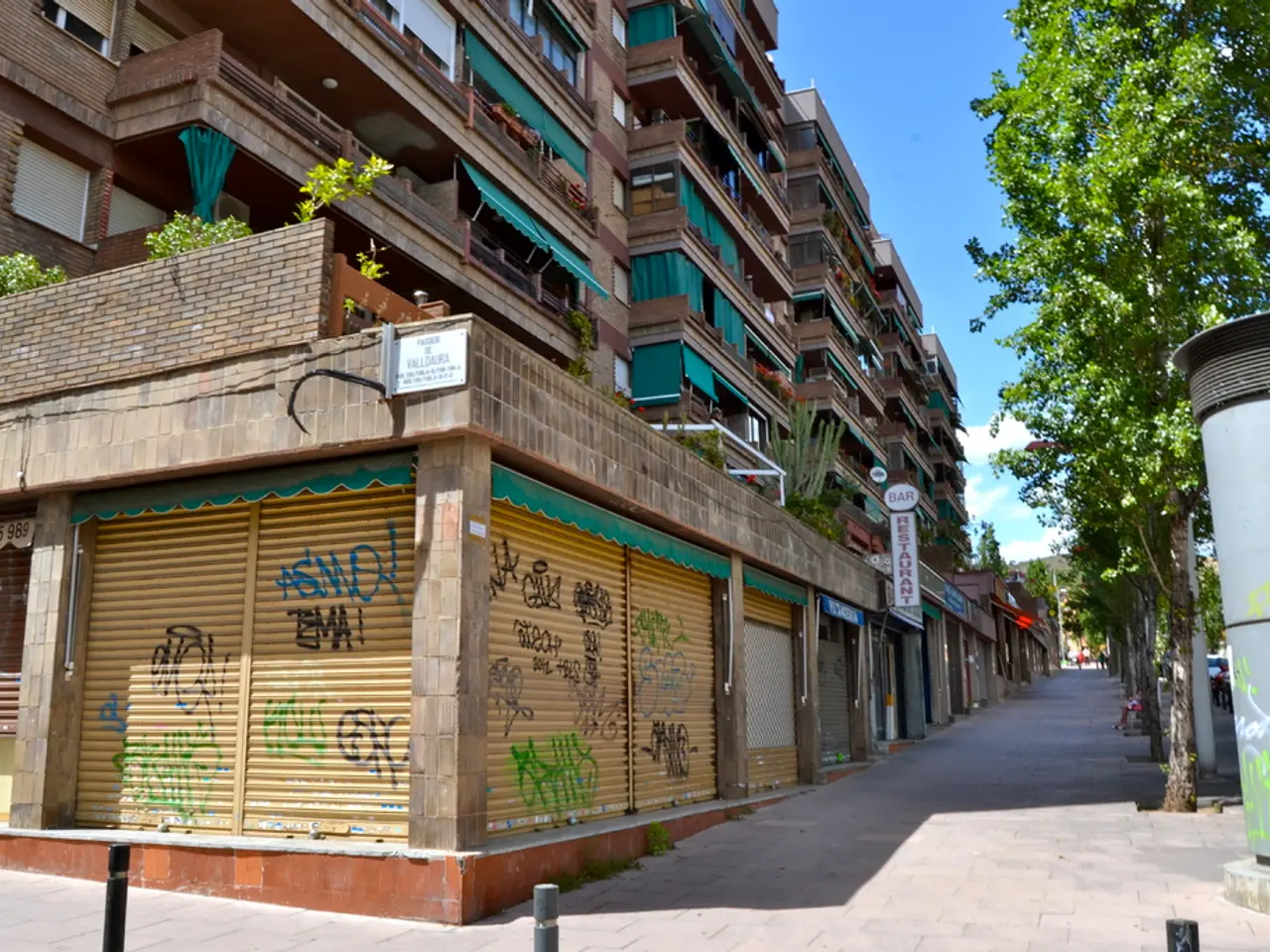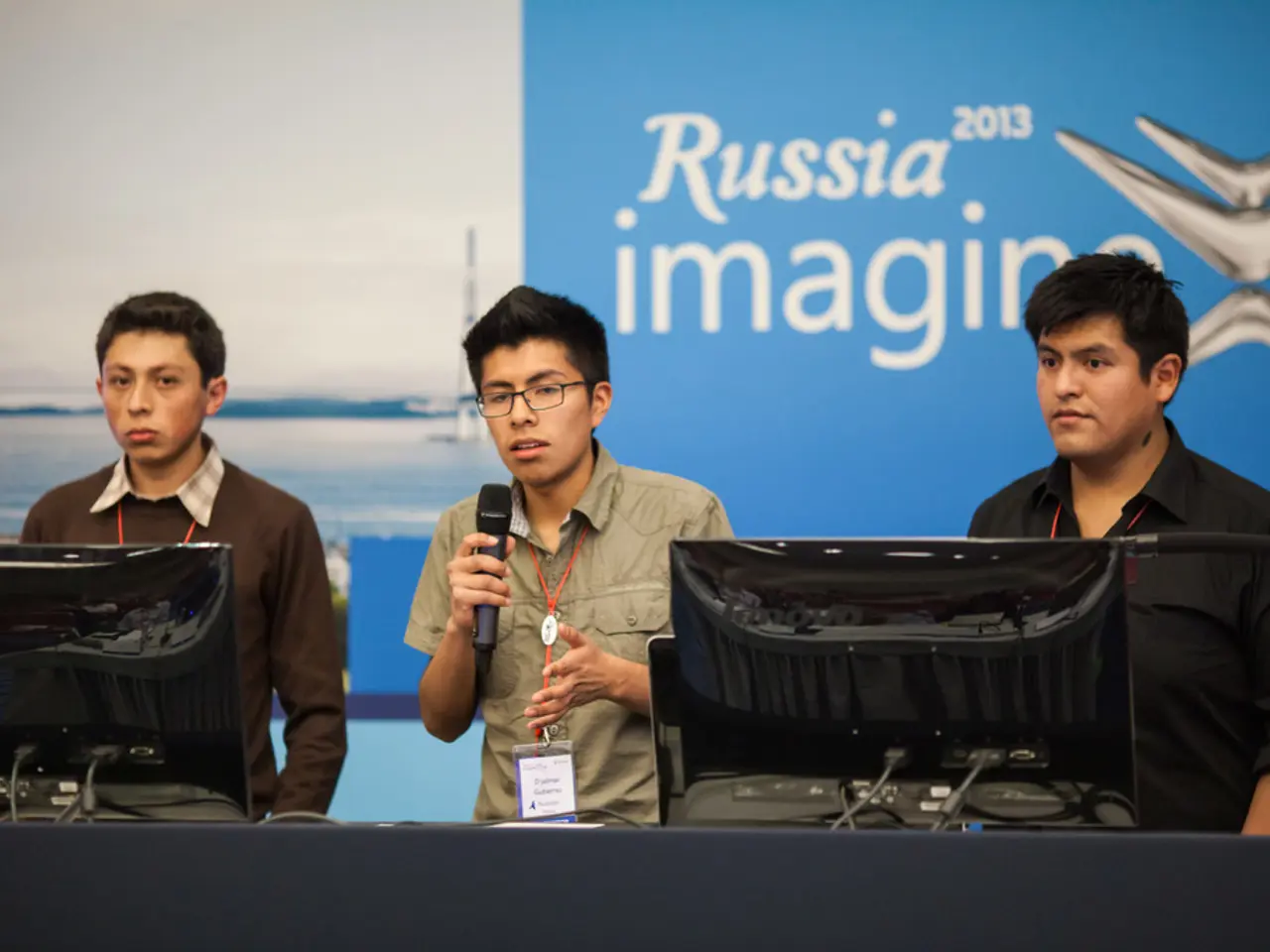Syrian Arab tribes launch artillery attacks on the outskirts of Es-Suwayda
=========================================================================================
In the heart of July 2025, the city of Suweida in southern Syria was gripped by violent clashes between local Druze militias and Sunni Bedouin tribal fighters. The conflict, which has resulted in at least 200 to 300 deaths, has escalated amidst growing sectarian tensions.
The violence began around July 13 following a series of kidnappings and attacks between the two groups. The Syrian transitional government deployed forces to restore order, but ended up clashing with the Druze militias, who distrusted the government due to past grievances. Druze leader Hikmat al-Hijri called for armed resistance and sought Israeli protection.
In response, Israel launched a series of airstrikes on July 16 and 17, targeting Syrian military sites including the Ministry of Defense headquarters in Damascus and government forces in Suweida and Daraa. Israel justified these strikes as defensive actions to protect the Druze minority and to enforce its declared demilitarized zones in southern Syria. The airstrikes resulted in at least 3 deaths and wounded dozens.
The violence and Israeli intervention have caused significant civilian displacement and humanitarian impact. Around 1,200 families have fled their homes in Suweida according to UN estimates, with hospitals facing shortages amidst power and water cuts.
A fragile ceasefire was declared on July 19, amid ongoing volatility. The peace initiative that emerged involves the United States, Jordan, and Israel, aiming to stabilize the situation, protect the Druze community, and reduce hostilities along Israel's northeastern border. This plan focuses on enforcing demilitarized zones and preventing further clashes between Syrian forces, Druze militias, and Bedouin tribes, with international backing to encourage political dialogue.
Key Events and Developments
| Date | Event | Actors involved | Outcome/Impact | |----------------|--------------------------------------------------------|-------------------------------------|-------------------------------------------------------| | July 13, 2025 | Clashes erupt between Druze militias and Bedouin tribes in Suweida | Druze militias, Sunni Bedouin tribes | At least 200-300 dead, escalating sectarian violence | | Mid-July 2025 | Syrian transitional government deploys forces to Suweida | Syrian government forces | Clashes with Druze militias, worsening situation | | July 16-17, 2025| Israeli airstrikes on Syrian government targets in Damascus and Suweida | Israel Defense Forces, Syrian military| At least 3 killed; Israel claims strikes protect Druze | | July 19, 2025 | Ceasefire declared | Druze, Bedouin tribes, Syrian authorities | Fragile de-escalation amid ongoing tensions | | Late July 2025 | Peace plan involving US, Jordan, Israel announced | US, Jordan, Israel, Syrian groups | Aims to stabilize region, protect Druze, enforce demilitarization zones |
This complex conflict situation highlights the fragile dynamics in southern Syria post-Assad, involving ethnic and sectarian tensions compounded by regional geopolitical interests and Israel's active military posture near its border.
The nightly news has been dominated by the ongoing war-and-conflicts in southern Syria, with the violence in the city of Suweida, particularly between Druze militias and Sunni Bedouin tribes, being a key general-news topic. The escalating clashes have led to a significant increase in crime-and-justice incidents, with growing sectarian tensions fuelling kidnappings and attacks that have further worsened the situation. Internationally, politics has become intertwined in this regional conflict, with the United States, Jordan, and Israel now involved in a peace plan aimed at stabilizing the region, protecting the Druze community, and enforcing demilitarized zones to prevent future violence.






